Every year more people in Switzerland are giving up their private vehicle. In some parts of Berne, the flagship city for public transport, households without a car now make up the majority. Take, for example, Mattenhof-Weissenbühl, where non-car ownership is almost 70%. In 2015, on average 56.8% percent of homes in Bern did not have a private car, “but this figure is probably now over 57%,” states city councillor Ursula Wyss, approvingly. She is in charge of Civil Engineering, Transport and Green Spaces in the city of Berne.
This change is also evident in Basel (52.1%) and Zurich (52.8%). Geneva, a city currently tackling serious congestion problems, is at the bottom of the group (41%). But even the historical home of the Geneva motor show “is following the same trend, just 20 years later”, comments Vincent Kaufmann, professor in urban sociology at EPFL. Indeed, Geneva has recorded an increase of car-free households of more than ten percentage points in ten years. Lausanne, a city which, like Geneva, has been very car-centric since the 1960s, is now following the same trend.
An icon of the “Glorious thirties”, the car is becoming less popular throughout Europe. “Fifteen years ago, young people associated cars with freedom. Driving was empowering. Today, their means of escape are the internet or social media, which, for them, represent a more tangible world,” says Vincent Kaufmann, who directs the Mobile Lives Forum, a foundation supported by the Société Nationale des Chemins de Fer Français (SNCF). The balance is tipping towards a different type of mobility, considers Sébastien Munafò, head of the Geneva- based mobility research firm, 6t.
On the one hand, car-related costs and the price of cars themselves have increased. On the other, alternatives to the car have evolved. Citizens now have access to car sharing and chauffeur-driven cars. They are increasingly opting to use public transport services, electric bikes and even motorised two-wheelers, of which the largest number is found in Geneva. “This means that more and more city dwellers, and also commuters, are choosing this cheap and practical means of transport over owning a private vehicle, which represents a sizeable cost,” comments Munafò.
This trend is less noticeable in cities of under 100,000 inhabitants, which “creates a divide between cities and the countryside, where many homes have several cars”, points out Kaufmann.
The people of Berne trust their public transport
For communities looking to reduce congestion in public areas, there must be a good incentive, as is the case in Berne. “In the city, students and elderly people do not have cars. For others, in particular for families, the choice to give up a car is based on trust. In Berne, you know that you can find a Mobility car near to your home,” explains Ursula Wyss. Additionally, the quality of public transport in Berne is high. “It is the only city in Switzerland where the inhabitants consider the public transport as one of the things they like best about where they live,” the socialist politician is pleased to note, quoting a recent survey.
Once this position has been achieved, the authorities can actuate one of the key factors in soft mobility: limiting the number of carparks. The city of Berne plans to remove half of its 12,000 public parking spaces over the next few years. Ursula Wyss indicates that the spaces marked for removal are mainly those located on the pavements, which are currently problematic for people with disabilities. Considered dangerous, parking spaces located alongside tramlines are also to be removed. These modifications face opposition from the Swiss People’s Party (SVP), “but the rulings have gone our way so far”, says the Berne city councillor.
One less visible car-related element is the number of private carparks, above and below the ground. Berne is authorising the construction of premises without carparks. In Geneva, there is “great political tension whenever a project reduces the role of the car in the city, or seeks to increase it”, explains Karen Troll, the spokesperson for the Department of Infrastructure. “There is a conflict of interest,” considers Damien Bonfanti, green mayor of the Commune of Lancy (GE). “Drivers want to keep what they have, whilst another section of the population are left feeling frustrated.” The politician supports the construction of buildings without parking spaces, provided that there are a sufficient number of spaces in the surrounding area, and that housing has sufficient public transport links. Bonfanti also highlights the costs generated by underground carparks. These constructions cost around 50,000 Swiss francs each and require major excavation work.
Another issue with this underground urbanisation is that it prevents the planting of trees. Yet localised neighbourhood plans continue to factor in a high level of motorisation. This is the case in Allières, an area next to the new Eaux-Vives station, for example: 400 homes will come with 409 parking spaces. “We have to anticipate changes in the urban environment. In fact, it’s the developers themselves who are asking to build fewer underground parking spaces, which just sit empty,” states Caroline Marti, vice-president of the Geneva branch of the VCS, the transport and environment association. She has co-signed a motion which specifically requests the creation of a car-free neighbourhood as a pilot. A sign of the times, this proposition has even gained support from FDP representatives.
A sea change in Geneva
Faced with these requests for a less motorised city, the Touring Club Switzerland (TCS) Geneva section has been quick to respond. It initiated a referendum against a change to the law, which would ease the requirement to maintain parking spaces. On 27 September, the people of Geneva supported this legal change, thereby authorising the elimination of 4,000 parking spaces, in favour of cycle paths, in particular. But despite this, Switzerland is not turning into a car-free country, and the move away from private vehicles does not mean people no longer travel by car. In Switzerland, automobile traffic still counts for 50% of journeys and 65% of distance covered, with cars becoming increasingly large and heavy.




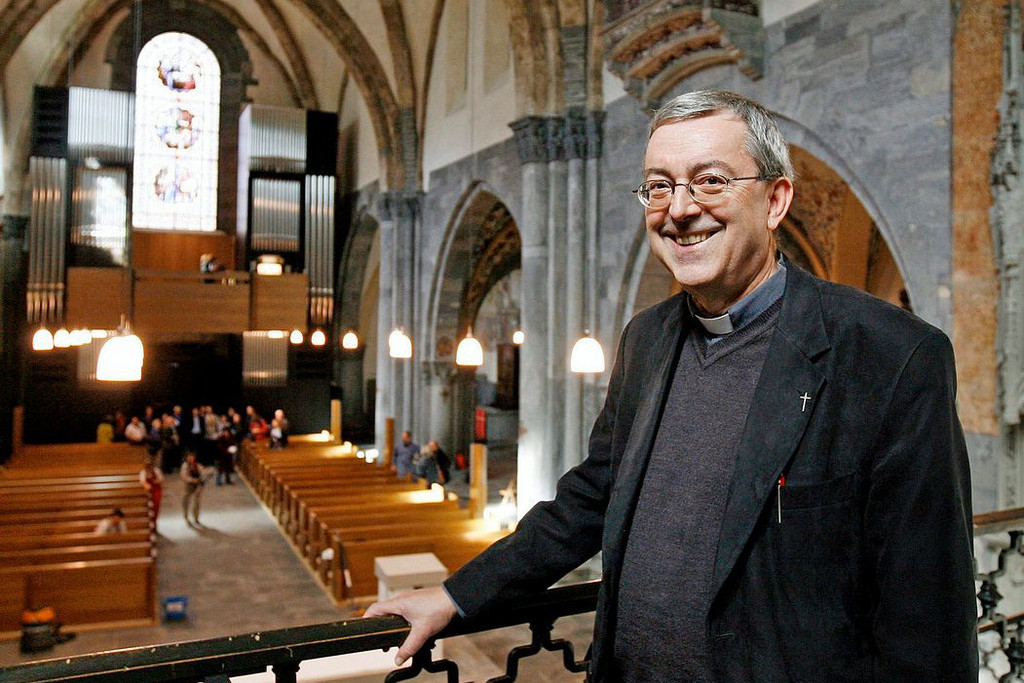






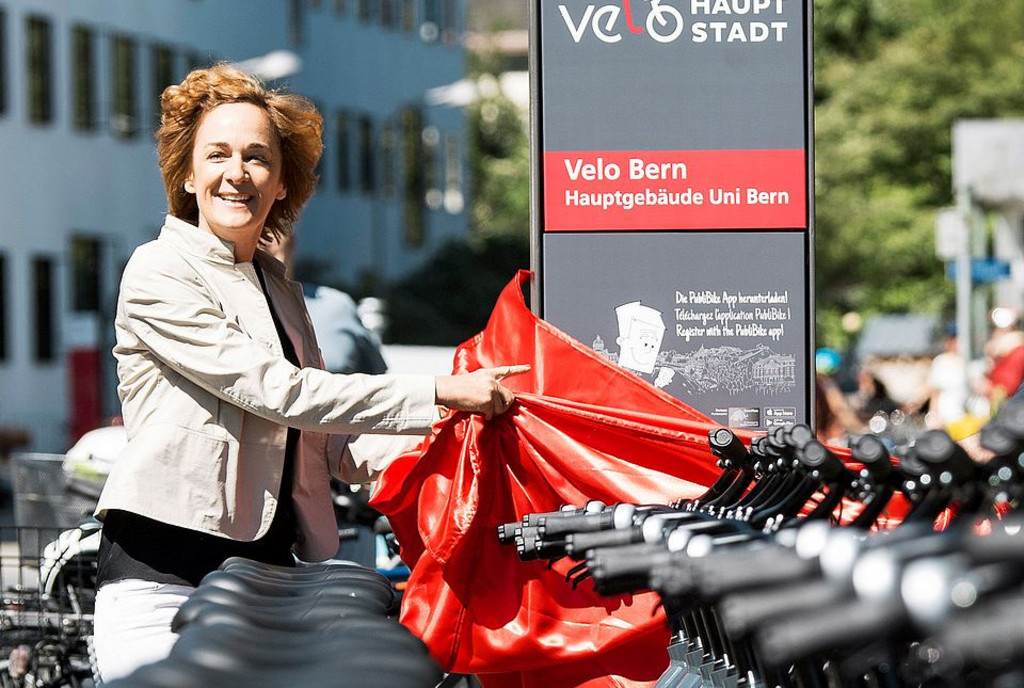
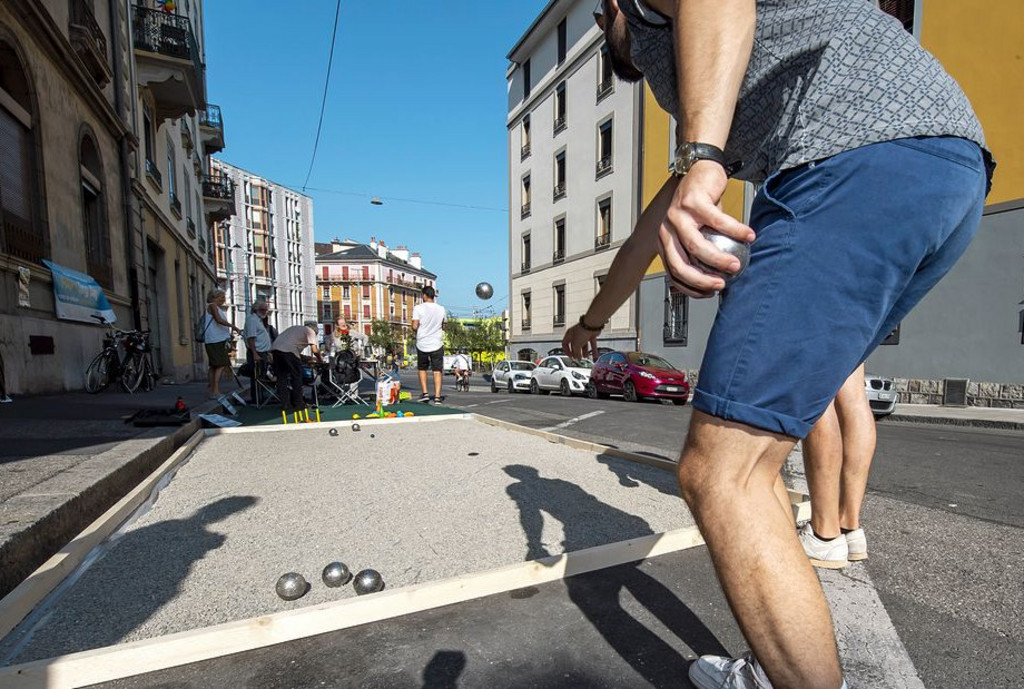
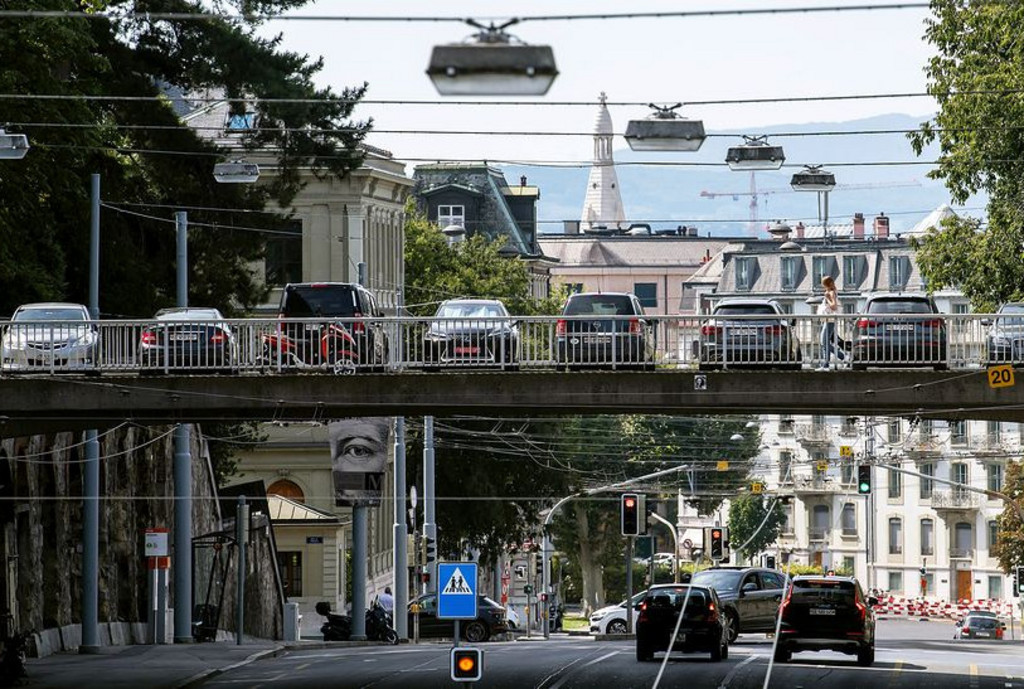
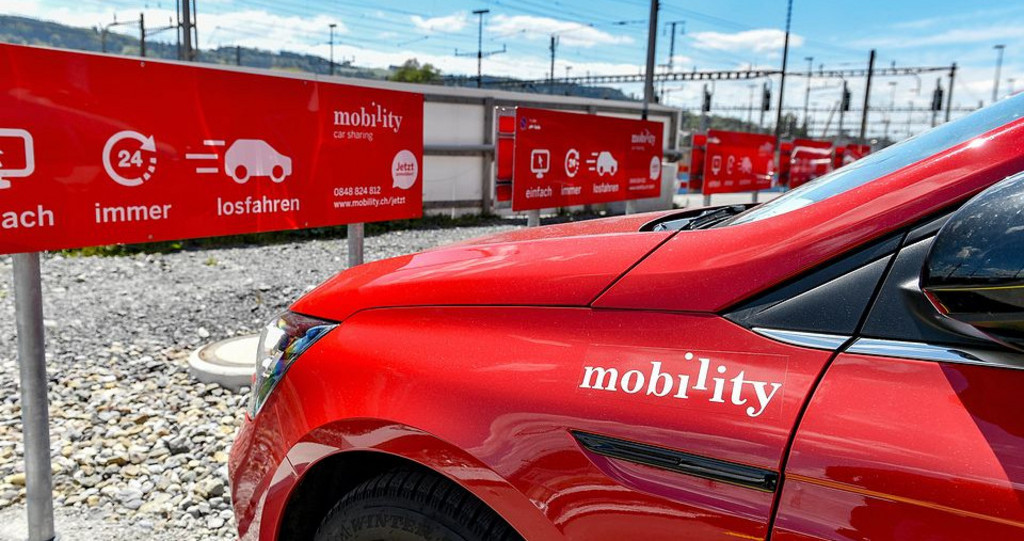
Comments
Comments :
C'est pas partout en République Tchèque, mais l'exemple de Prague est très favorable, moins de parkings!!